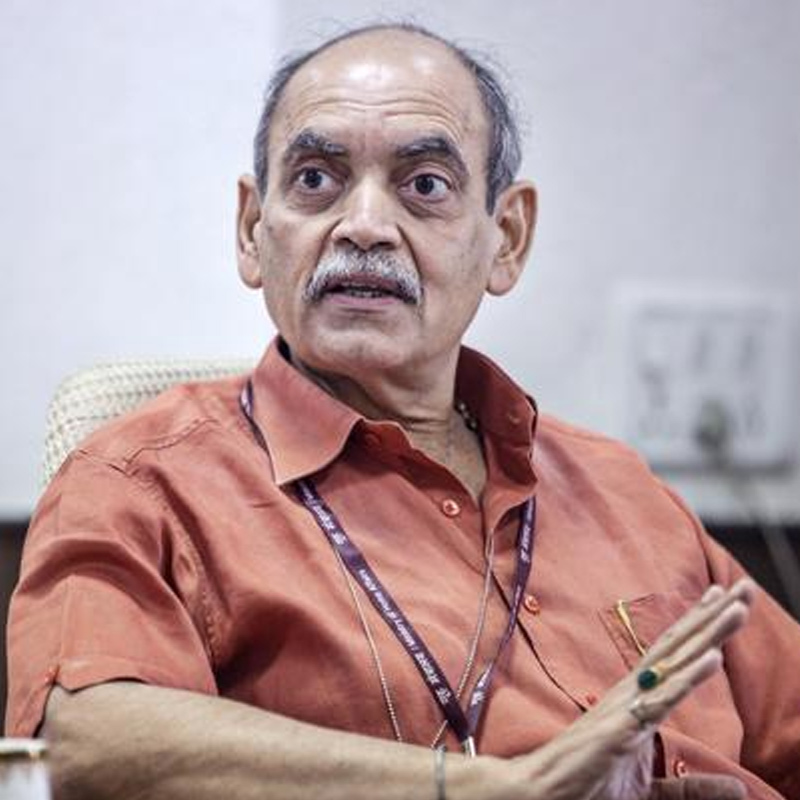Fresh cabinet nod for FM Phase III auction in few weeks
New Delhi: A fresh approval of the union cabinet will be sought for the maiden e-auction of Phase III of FM Radio licences as certain new aspects have come to light after the earlier clearance.
The Information and Broadcasting Ministry has prepared a note that encompasses the news aspects and circulated it to the concerned ministries/departments for their views, before it is put up for approval of the cabinet in the next few weeks.
The Information and Broadcasting ministry has said issues such as charging of migration fee from existing permission holders, and specific departures in the Requests for Proposals (RFP) from agencies interested in conducting the e-auction on behalf of the ministry, had not been taken into account when the cabinet approval for the Phase III auctions were obtained on 7 July last year.
The issues relating to the e-auction were pointed out by the inter-ministerial committee set up in November last year and headed by the then additional secretary in the I&B Ministry Rajiv Takroo.
The nine-member committee, with I&B joint secretary - broadcasting Supriya Sahu as the member-secretary, was set up to ‘guide and supervise the process of e-auction and grant of licences to private parties‘ in Phase III.
Meanwhile, the ministry has decided to commence work on the e-auctions and has called for tenders. The pre-qualification of the bidders is expected to be completed in about another two months, following which the companies that qualify will be allowed to participate in the e-auction for FM radio Phase III licences. The e-auction is expected to begin early next year.
FM Phase III Policy will extend FM radio services to about 227 new cities with a total of 839 new FM radio channels in 294 cities. A total of 216 cities and towns will get private FM radio stations for the first time, out of the 302 identified by the government and split into four categories.
In Phase III, 67 of the 86 cities and towns which already have private FM Radio channels will get additional channels. All cities with a population of 100,000 and above are entitled to get private FM radio channels in Phase III auctions.
The committee was expected to finalise and seek approval for the Request for Proposal document for selection of agency for conducting the e-auction, review the auction framework, finalise the auction documentation, conduct and oversee open house sessions for stakeholders, and guide the agency selected for the e-auction.
A separate Appellate Review Committee was also set up to scrutinize the short-listing of prospective bidders headed by the Additional Secretary and Financial Advisor in the I&B ministry. This committee will scrutinize various details including the net worth of prospective bidders and put them up on the ministry website, scrutinize bank guarantees and oversee the other work in that connection.
Private FM Radio broadcasters in North East (NE) Region and Jammu & Kashmir (J&K) and Island territories will be required to pay half the rate of annual license fee for an initial period of three years from the date from which the annual license fee becomes payable and the permission period of fifteen years begins. The revised fee structure has also been made applicable for a period of three years, from the date of issuance of guidelines, to the existing operators in these states to enable them to effectively compete with the new operators.
Apart from the fee relaxation, Prasar Bharati infrastructure would be made available at half the lease rentals for similar category cities in such areas. The limit on the ownership of channels, at the national level, allocated to an entity has been retained at 15 per cent. However, channels allotted in Jammu & Kashmir, North Eastern States and island territories will be allowed over and above the 15 per cent national limit to incentivise the bidding for channels in such areas.
A total of 245 FM channels are currently operational in 87 cities, each with a population of over 300,000 or more.
Meanwhile, All India Radio (AIR) is working on a plan to increase the coverage of its FM Radio channels from 37 to 90 per cent of the population, in a modernisation programme undertaken since 2011 and expected to be completed by 2016. AIR has already covered 99 per cent of the population with its analogue technology channels.

 Follow Us
Follow Us










